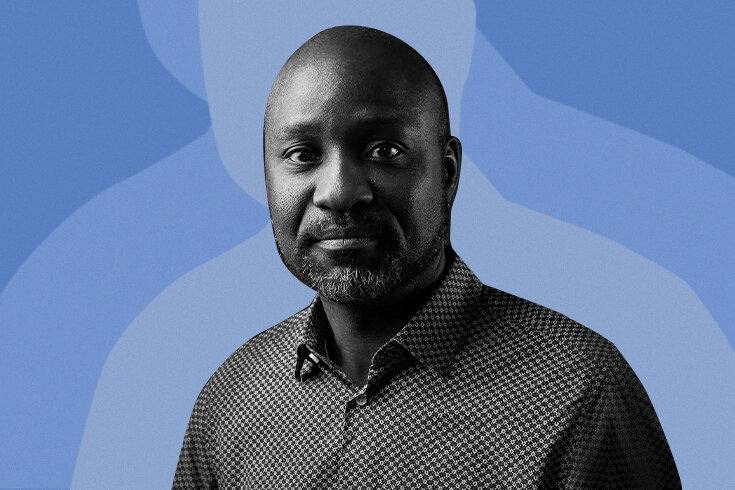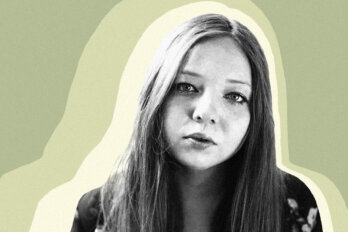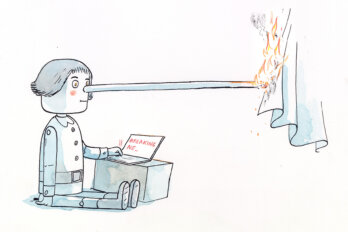If you act like a nobody,
you are a nobody. The actor
Woody Strode wasn’t
just any nobody. He was
a cowboy and an Indian.
Well, actually, he played
a cowboy on the big screen;
actually, the silver field,
where he worked like a stampeding horse;
well, actually, he knew how to ride a horse
and whirled around the rotunda
in Toronto’s city hall,
his pale white horse
pawing the air, its hooves
pawing the air.
Well, actually, he circled the foyer,
let out an improvised yee-haw,
and then burst out the doors
and onto the street,
leaping over a row of reporters
on the front steps.
Well, actually, he was repping
your local football team, Prairie Town,
the Grey Cup champions in 1948,
when he and his horse
strode into Toronto’s city hall and turned
the whole place upside down.
Well, actually, he did
and ended up on the front cover
of a famous national newspaper and, well,
actually, he’s nothing special
just because he’s a Black cowboy
in white Canada
in the 1940s,
repping for your team, your city,
your Prairies, better than any
championed Hollywood actor,
because you’re California-clueless,
because your history is hysterical,
because Black cowboys
aren’t special—at least
one in four cowboys
was Black—
and any Black cowboy
from the Prairies
could make a horse
turn heads by turning
in a room,
waving his hat
as his horse
paws the air.
Well, actually,
anyone could.
So, actually, nothing special.
Well, actually,
any Black
cowboy could. Well,
actually, any Black
person from the Prairies
who is
recognizably
Black,
who has recognizably
Black
experiences,
Black
identity,
Black
reality,
Black
history. So, actually,
nobody.
Woody Strode, Black Cowboy
If you act like a nobody, / you are a nobody. The actor / Woody Strode wasn’t / just any nobody.




